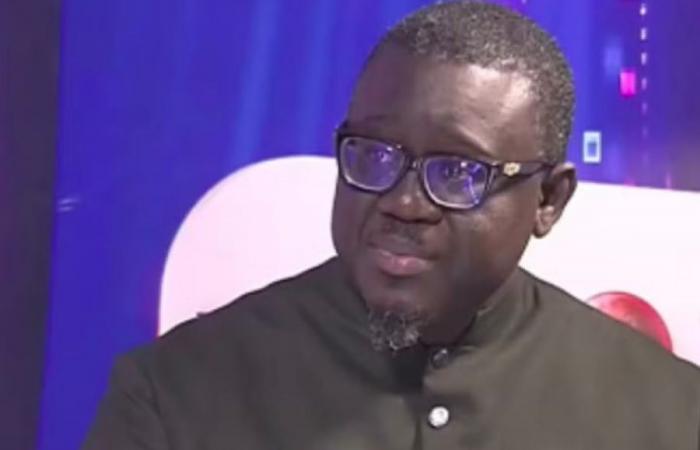With a sure and assured gait, the 39-year-old man advances towards the desk in the heart of the hemicycle on the occasion of the General Policy Declaration (Dpg) of the Prime Minister, Ousmane Sonko, on December 27 in order to launch his message for strict control of foreigners in our country. “We need to establish a short and long-term residence permit for foreigners except Gambians, because this will allow Senegalese people to have access to employment,” said Tahirou Sarr, leader of the “Nationalists,” Jël party. liñu moom” (editor’s note: Take what’s ours).
Behind his big glasses blocking out a round face, the new deputy of the 15th legislature with his uninhibited speech, managed to seduce part of the electorate by pointing the finger at the foreigners guilty, in his eyes, of the social downgrading of certain Senegalese and the compression of wages to the detriment of nationals. Tahirou Sarr, in a calm and calm style, has established himself as one of the notable figures on social networks by multiplying the stunts such as wanting to prohibit Lebanese women from giving birth in Senegal due to reciprocity to rumors concerning ban on giving birth for African women in the land of cedars. Controversial comments which made him popular among a segment of the population, particularly young people. His party ranked 6th in the last legislative elections with 26,876 votes (0.74%) behind Pastef, “Takku Wallu Senegal”, “Jam ak Njarin”, “Samm Sa Kaddu” and the “And Nawlé” coalition.
This former activist of the “Rewmi” party who chose the path of nationalism, multiplies the attacks against the Guinean communities accused of imposing unfair competition on Senegalese workers. Thus, he calls for a national policy centered on national preference in access to housing, employment and the prohibition of access to land ownership for foreigners. Controversial comments which later put him in the sights of the Cnra (National Audiovisual Regulatory Council) which asked the audiovisual media to “put a definitive end” to the broadcasting of “xenophobic messages against certain communities, of Senegalese nationality or established in Senegal,” indicates a press release published on April 2. A statement intended for the leader of the Nationalists, often accused by human rights organizations of spreading comments likely to incite hatred, discrimination and racism. “I am not afraid of racist or xenophobic labels. My entire commitment is aimed at preserving our national security by ensuring better control of foreigners who enter our country,” he said in the press in February. Under this veneer of assumed ultranationalism, this consultant in a political consulting firm has also chosen as his hobby horse the fight against civil status fraud which, he says, makes Senegalese undocumented immigrants in their own country.
Senegal






